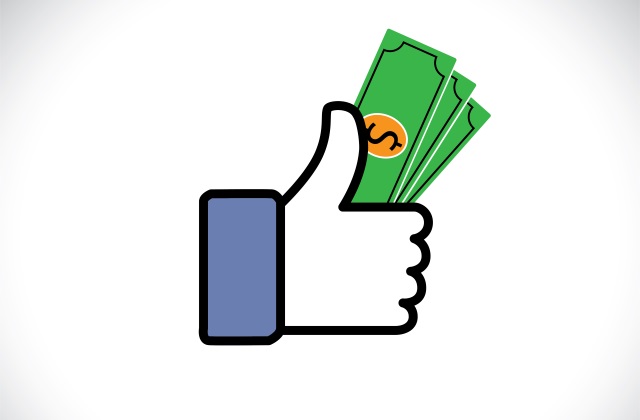
Electronic payments coming to Facebook Messenger
Facebook is introducing support for sending and receiving money through Messenger. Starting in the US in the next few months, users of the social network will be able to make electronic payments free of charge. While this is not a service that will rival the likes of Apple Pay or PayPal, it provides a way to quickly send money to a friend.
This is not a payment system that has been completely built from the ground up. It's based on the same backbone that's used to process payments for gamers and advertisers. Security is understandably of paramount importance, and Facebook stresses that as well as encryption and PIN protection for all, iOS users will also be able to take advantage of Touch ID.
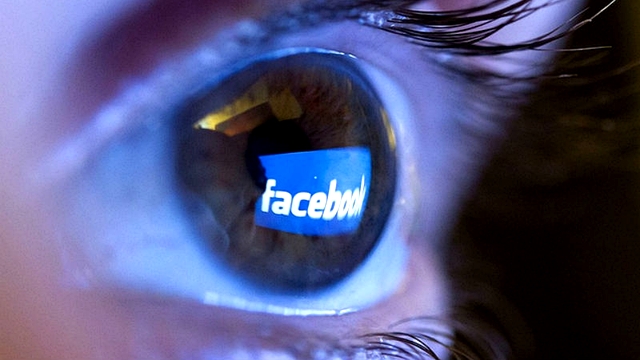
Anonymous accuses Facebook of siding with Islamic State [Update]
Facebook has just updated -- or rather clarified -- its Community Standards document, which outlines the type of content that are not allowed on the social network. Among the list of banned topics is, as you might expect, terrorism.
Anonymous has been battling terrorism online for a while now, taking down Islamic State related sites and Twitter accounts via its #OpISIS campaign. The aim of this operation is to prevent the terrorist organization from spreading its message online, but now Facebook has taken steps to prevent Anonymous from spreading its own message on the social network.

Nipples, terrorism, and vivid sexual description -- Facebook's list of banned content
Facebook has updated its Community Standards document, outlining the type of content that is not permitted on the social network. When it's not forcing people to reveal their real names, blocking 'offensive' content, or encouraging users to vote, Facebook is often to be found removing content that has been reported for one reason or another. But what's acceptable, and what's not?
A little while back, the site revealed a simplified version of its privacy policy, and now the Community Standards document has received the same treatment. Facebook has set out the types of pictures that are permissible, along with specifying guidelines for other content. So, what's OK, and what’s not?

Zuckerberg is a spineless gimp
Facebook is often a breeding ground for controversy. When it's not being used as platform for mindless idiots to air their dirty laundry, the social network is busy upsetting people for one reason or another. We've had censorship of one sort or another. We've had the debacle surrounding the requirement to use a real name and opening up of custom gender options.
If you're the sort of person who likes to express the way you're feeling through the medium of emoji rather than words, you may well have used Facebook's built in 'I am feeling...' feature. Feeling excited? Don’t type it, just select a starry-eyed smiley. But following a Change.org petition, you can no longer select a predefined option to indicate that you feel fat. Why? Because Mark Zuckerberg is completely spineless.
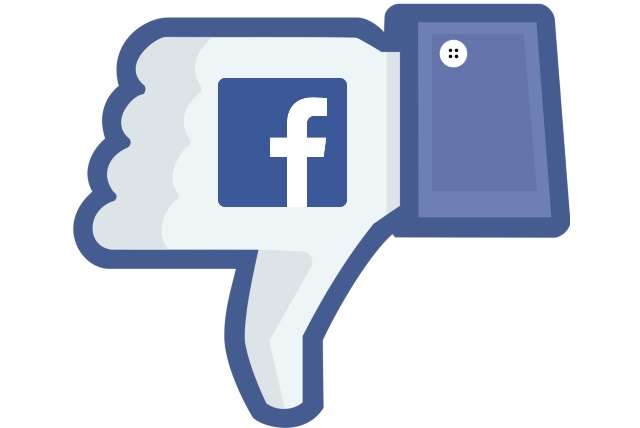
Facebook's inactive account cull means fewer likes for pages
Like just about any online service, Facebook has a huge number of dead and dormant accounts. It could be that the owner has died, they might have lost interest, or they may be spam accounts that are no longer used. Facebook is now having a spring clean, sweeping aside inactive accounts, and this could have an interesting side effect for page owners.
Accounts that have been purposely deactivated, or memorialized after a death, are currently still factored into the 'like' count for pages. This is set to change, so many page owners should brace themselves for a sudden drop in likes over the coming weeks.

What the FREAK? Huge SSL security flaw stems from US government backdoor
Seven hours is all it takes to crack the encryption that is in place on some supposedly secure websites. Security experts blame the US government's ban on the use of strong encryption back in the 1990s for a vulnerability that has just come to light. Named FREAK (Factoring attack on RSA-EXPORT Keys), the flaw exists on high-profile websites including, ironically, NSA.gov.
Restrictions that limited security to just 512-bit encryptions were lifted in the late 90s, but not before it was baked into software that is still in use today. The ban on the shipping of software with stronger encryption apparently backfired as it found its way back into the States. Security experts say the problem is serious, and the vulnerability is relatively easy to exploit.
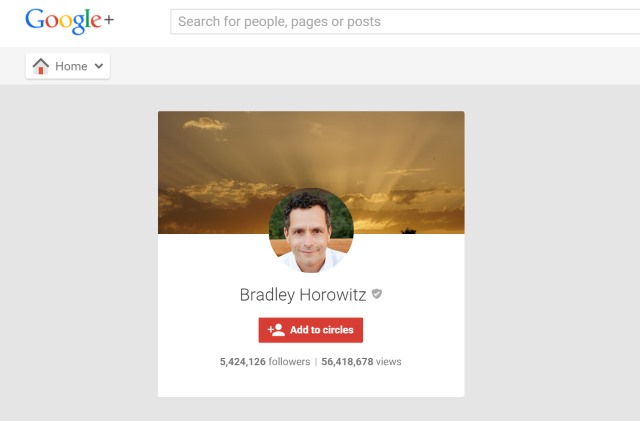
Google+ to split into Hangouts, Photos, and Streams
It's fair to say that of all of the social networks there are to choose from, Google+ is one that has failed to set the world on fire. Facebook may annoy users from time to time but it dominates the social web, and Twitter has carved out a healthy niche for itself as well. But Google is, uncharacteristically, unwilling to give up on Google+ just yet.
In what seems to be an attempt to breathe new life into a flagging product line, Vice President of Google, Bradley Horowitz is taking control. Interestingly he is not looking after Google+ as a whole, just a couple of its branches. Announcing the news, he said that the recent rumors surrounding Google+ splitting up are true.
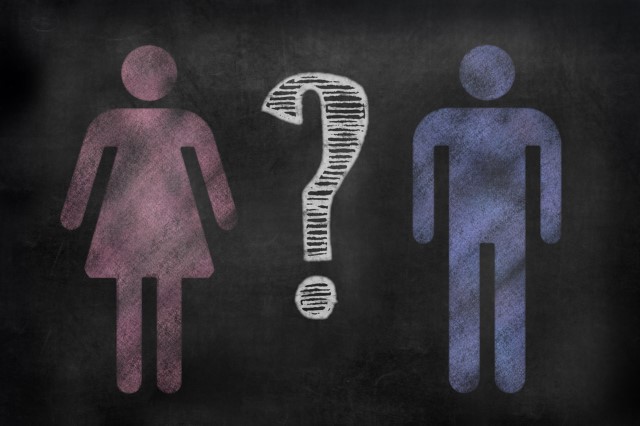
Facebook lets you choose a custom gender, now it's time to drop real names
Facebook found itself under fire last year for imposing a real name policy. Drag artists, the LGBT community, musicians and other groups were among those who felt they should be able to use a name other than the one that appears on their birth certificate. The social network ultimately backed down, but the whole debacle left something of a bad taste in the mouth.
People are able to use "the authentic name they use in real life" to identify themselves on the site, and Facebook has opened up gender options further. There's no need to feel limited by the male or female labels, or even make a selection from a readymade list -- you can now specify whatever gender you want. But is this enough?
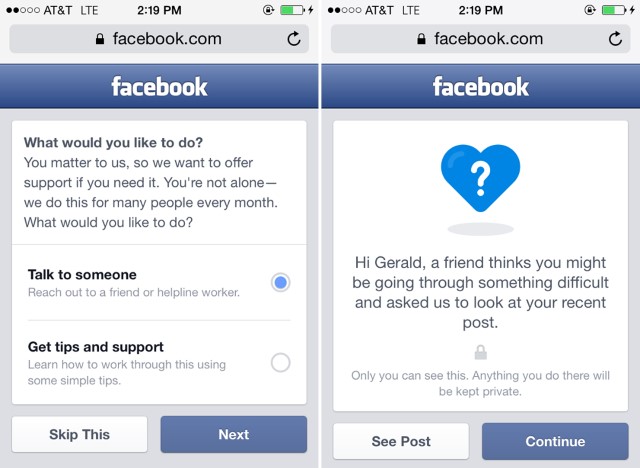
Facebook can put users on suicide watch
A few months ago Twitter was criticized for teaming up with suicide prevention charity Samaritans to automatically monitor for key words and phrases that could indicate that someone was struggling to cope with life. Despite the privacy concerns that surrounded Samaritans Radar, Facebook has decided that it is going to launch a similar venture for Compassion Research Day in a bid to prevent suicides.
Working with mental health organizations including mental health organizations Forefront, Now Matters Now, the National Suicide Prevention Lifeline, Save.org, Facebook aims to provide greater help and support for anyone considering suicide or self-harm.

Microsoft removing Google and Facebook Chat from Outlook.com -- suggests Skype
Communication is huge money. We take it for granted, as there is quite the glut of available chat solutions online. By controlling communication, you can track and control a user's behavior. A good example is Hangouts. Google makes an app that can run on Windows, but it requires the Chrome browser. As a result, Hangouts users may choose Chrome over other browsers. A consumer in the market for a smartphone may skip Windows Phone, as Google doesn't support the platform. Don't get me started on Apple; Facetime keeps users locked into Mac and iOS too.
Today, Microsoft announces in an email to users that both Google and Facebook Chat support are being removed from Outlook.com. Google Chat is not a surprise, as the search-giant is sun-setting that service in favor of the more restrictive Hangouts; Microsoft does not have a choice. Facebook Chat, however, is a shock.
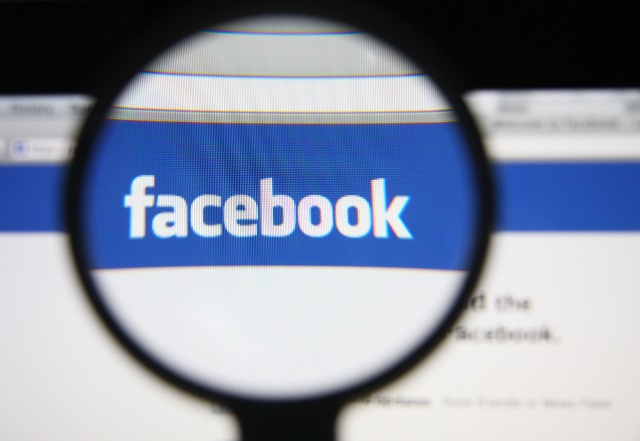
Facebook's privacy policy breaks the law in Europe
There are many things that Facebook finds itself accused of on a regular basis. Unfairness to different groups, censorship of content, insensitivity, and endless problems surrounding its attitude to privacy and handling of user data. It seems that concerns about privacy were well-founded as a new report finds that the social network violated European law. Analysis carried out by the Belgian Privacy Commission and ICRI/CIR says that Facebook breaks the law in Europe in a number of ways. As well as placing too many expectations on users to be able to change settings for themselves.
Facebook is also accused of failing to give people the ability opt out of certain privacy-invading features. Back in January, Facebook made some changes to its privacy policies and also introduced simplified documentation. The report found that rather than cleaning up its act, Facebook merely highlighted some of its old, existing practices. The social network is criticized for its "complex web of settings", for failing to explain what is meant when users are told that their data will be used "for advertising purposes", and for not allowing people to opt out of Sponsored Stories and location sharing.

How Google and Facebook are breaking net neutrality to game their way into emerging markets
After proving their dominance in developed nations, technology giants are now eyeing emerging markets -- regions where a vast majority of people are yet to access the internet. Earlier this week, Facebook partnered with RCom to launch Internet.org in India to bring free internet access to millions of people who weren’t previously connected to the internet, and now we’re learning of a similar plan by Google. As The Information reports, the Mountain View-based company is working with carriers and developers to lower or eliminate the data usage and data charges in emerging markets like India.
Known in the industry as zero-rating, Google is essentially trying to act as a middleman between carriers and app developers to reduce the data charges as well as other expenses sought by app developers to ensure that the price of using these services by users is minimal. The company would be closely monitoring data usage when a person uses any of the app partner’s app and would pay the carrier the fee.

Facebook now lets you buy and sell stuff in Groups
Step aside, eBay, Facebook is here. The social media giant announced it’s rolling out new features for Groups, allowing users to buy and sell stuff using Facebook.
People posting in groups on Facebook will now have the option to add whether they're buying or selling a certain item, and include prices and shipping methods.

When you die Facebook will grant your 'legacy contact' access to your account
Have you prepared for the day you die? Let people know if you want to be stuck in a hole in the ground, cremated and scattered in an awkward place, or just left at the side of the road to be picked at by passing foxes? While you may have considered what happens to your lifeless meatsack and your worldly belongings, what about things in the digital realm?
Facebook has just taken a step that will make it easier for a designated loved one to take control of your account. Your 'legacy contact' will be able to set up a memorial to you and download your account archive.
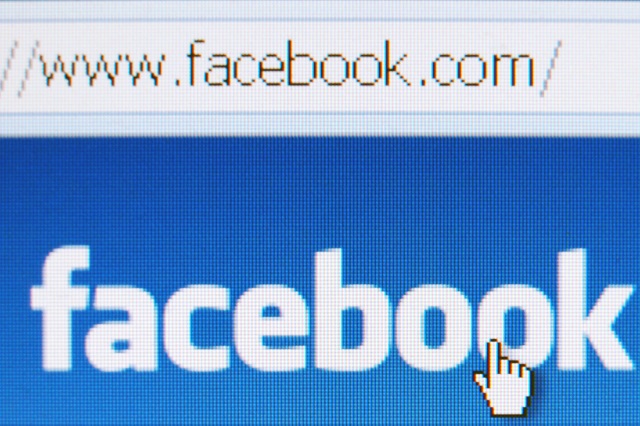
Hacker finds vulnerability in Facebook, can delete your photo albums
Like it or not, Facebook has become almost ubiquitous in today's world. Most people you know, both young and old, are on there. Worse, some folks keep memories of their lives stored on the service, including precious photos that, in some cases, may not be backed up in any way. It feels safe, after all, Facebook wouldn't lose them, right? Not so fast.
This is less about Facebook losing them, I'm sure it has backups, but more about a third-party taking them away. That sounds scary, but a security researcher has proven it's possible. Laxman Muthiyah posted his findings along with details of how the exploit works.
